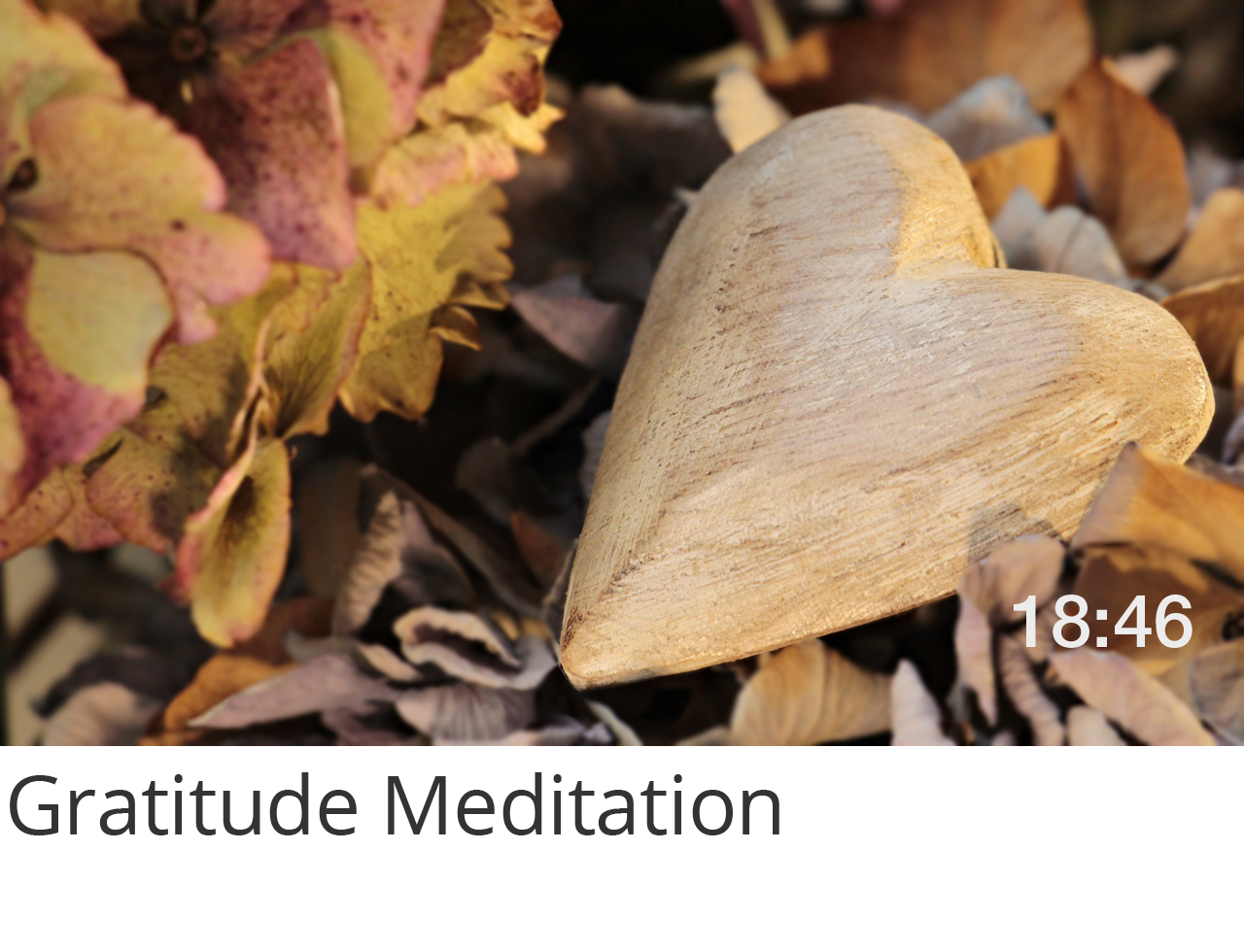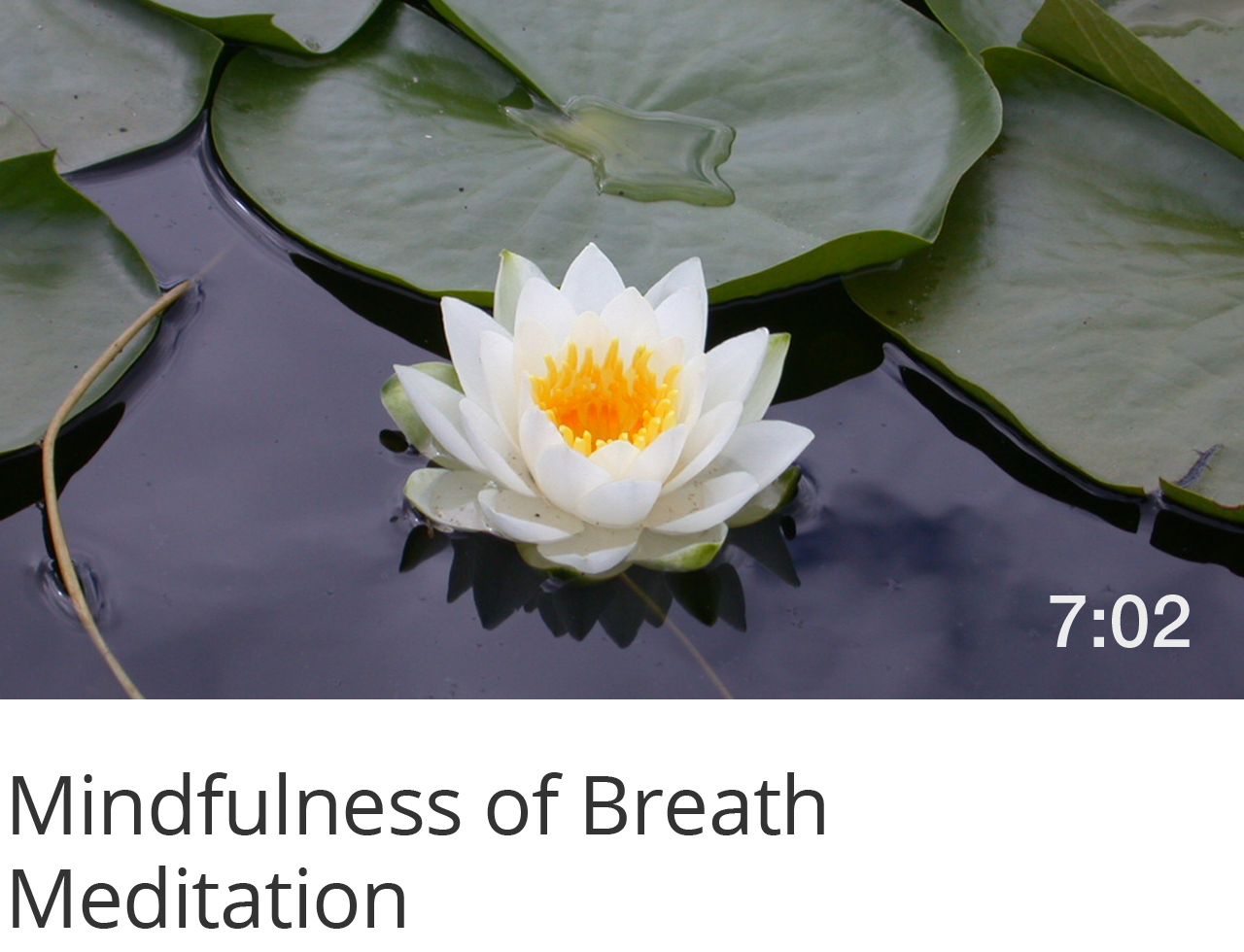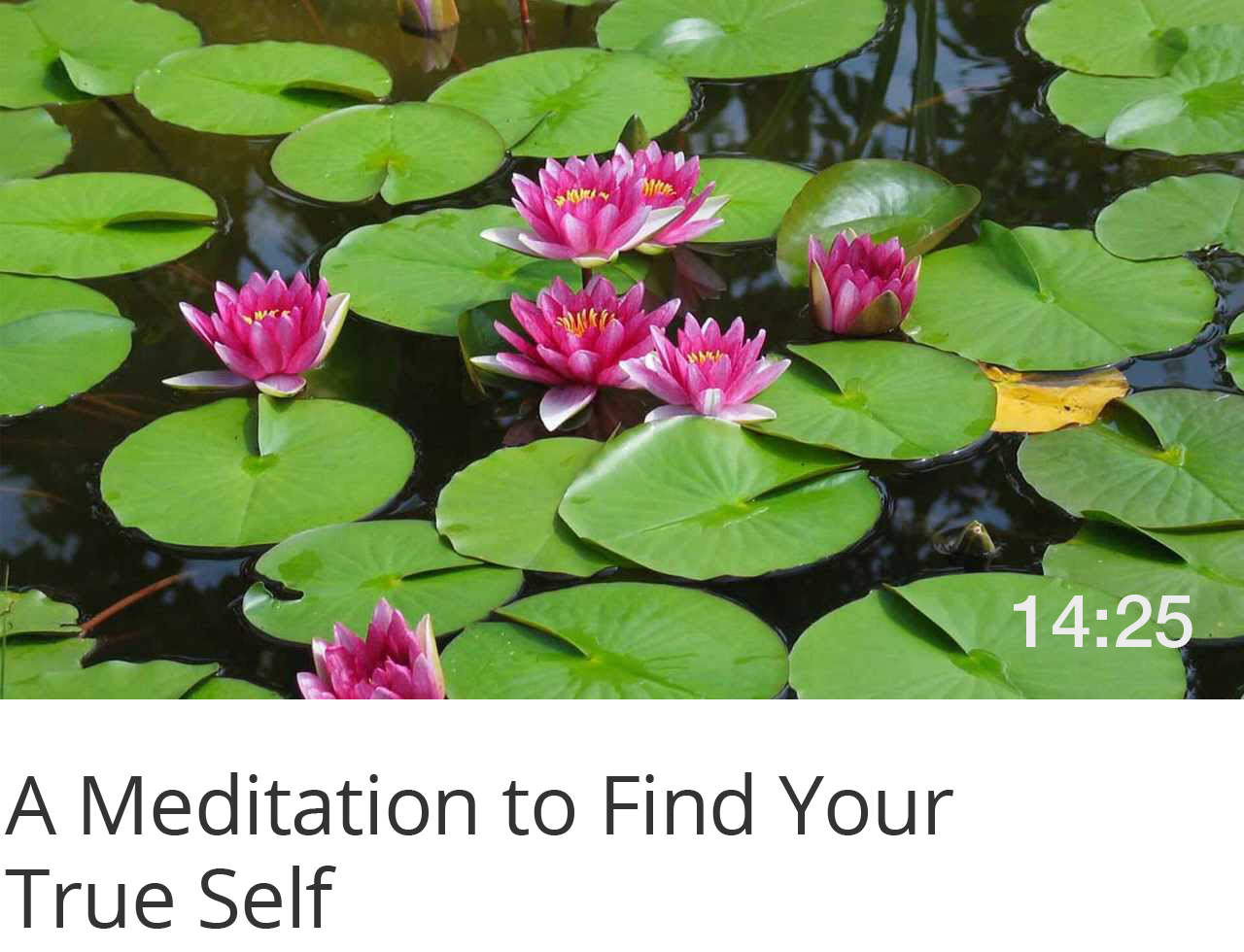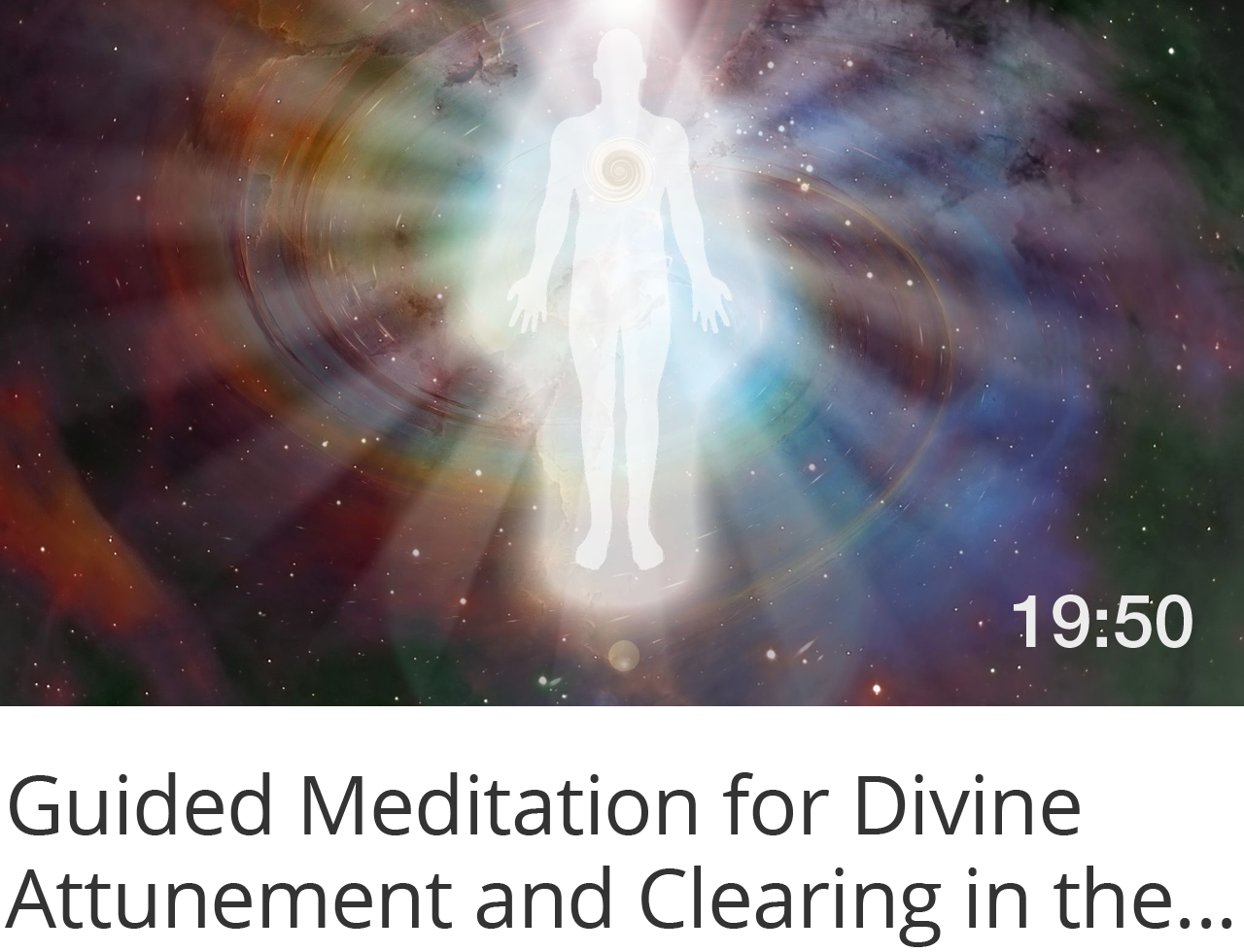Cultivating gratitude is a powerful way to work with mindfulness to enhance health, wellbeing, relationships, happiness, and environmental impact. Cultivating gratitude is an act of self-empowerment and service, for it helps us to reintegrate with the whole and to realise—with a sacred attitude of gratitude—that life is a blessing that can support us. Cultivating gratitude involves unwrapping the gift of life in its many guises, and being present to this gift. This in turn reconnects us with the sacredness of life and helps us to stay centred in our true selves. Gratitude is not only a practice, but also an elemental or sacred force that reminds us that we are supported by the greater whole, that we are a valuable aspect of that greater whole, and that the greater whole is of sacred value.
An Expanded Definition of Gratitude
Cultivating gratitude requires us to be clear about our definition of gratitude. It is not simply about being thankful or saying Thank you for a gift we have been given, although this involves gratitude. I define gratitude as follows:
Gratitude is a force and state of being, awakened by appreciation and mindfulness, that connects us with the gift of life.
In terms of an outcome, I define it in this way:
Gratitude is appreciation for our giving, receiving, holding, and experiencing.
As a child, we are habitually taught to associate cultivating gratitude with appreciating a gift that we receive. We are, for instance, told to say Thank you when we receive something. But cultivating gratitude is much more than this: we can also give with gratitude, acknowledge what we already have with gratitude, and experience something with gratitude. This is because gratitude is the appreciation of the gift of life itself, as we give, receive, hold, and experience it.
Saying Thank you for a gift we receive is really, from a greater perspective, about saying Thank you for the gift of life itself—a gift that is realised in the act of the other person’s giving, the inherent value of the gift itself, and the act of our receiving. Which is more important? The fact that there is a gift; the fact that the gift was given; or the fact that the gift was received? They are inseparable.
How Giving with Gratitude is a Sacred Act
Giving with an attitude of gratitude indicates spiritual maturity. It might mean that we are:
- Grateful for the opportunity to open our heart and to share.
- Grateful to help someone else, or to help the natural environment.
- Grateful for the opportunity to contribute in service to the wellbeing of the greater whole.
Whatever the case, when we grow in spiritual self-realisation and give with gratitude, we are grateful for the opportunity to experience our true self unfolding and self-realising through love, kindness, and compassion within the greater whole of our interconnectivity with all life. When we give to the greater whole with love, kindness, and compassion, we are completing ourselves by honouring our greater identity with the whole and our need for spiritual self-realisation. This is a sacred act. We are expressing our gratitude for the greater gift of life that we are part of.
12 Powerful Benefits of Cultivating Gratitude
Cultivating gratitude is a necessary part of our self-development and spiritual self-realisation. It is one of the 3 keys to true love and helps to heal our bodies, our minds, our relationships, and our connection with the greater whole.
Here are 12 powerful benefits of cultivating gratitude:
- Gratitude helps us to be present to the blessings that we otherwise overlook.
- Gratitude is integral to our self-development and spiritual self-realisation.
- Gratitude boosts our health, wellbeing, and happiness.
- Gratitude enhances a positive self-worth and outlook on life, contributing to happiness.
- Gratitude contributes to the development of emotional intelligence.
- Gratitude puts us into a resourceful state.
- Gratitude strengthens relationships and helps us to honour and value each other.
- Gratitude opens our hearts to true love.
- Gratitude for the natural environment helps us to honour the earth and live more sustainably and ecologically.
- Gratitude opens us to the gift of life, which heals the distorted belief that there is something wrong with our life.
- Gratitude increases the meaning, value, and power that the gift of life holds for us.
- Gratitude attracts more of life’s blessings to us by focusing our positive attention and appreciation.
9 Powerful Ways to Cultivate Gratitude
Cultivating gratitude can be assisted with the following nine practices.
- Expand and reframe your perspective to see what you can be grateful for. Experiencing gratitude depends on where you focus your attention. Without mindfulness, your attention tends to be misdirected or preoccupied so that you are not aware of the things to be grateful for. Even challenging experiences provide opportunities for you to learn and grow, and for that you can be grateful.
- Be more present to your blessings with the practice of mindfulness. Direct your attention on your present moment experience to help with cultivating gratitude. Forget about worrying or dreaming about the future or dwelling on the past. Recognise the gift of the present and that each moment is given. Experience gratitude for your life, the support of the Earth and all life, the food you eat and the clothes you have, and the things that make your life possible. Notice the beauty and magic of life you previously overlooked or took for granted because you were entangled in the endless thoughts and emotions of your mind.
- Meditate on gratitude. Sit with your eyes closed and focus on all the blessings of your life and the blessings of life that go on around you. Intensify the feeling of gratitude by experiencing it more deeply and being fully present to the wonders of life, including the wonder of you. This is a powerful way of cultivating gratitude.
- Keep a gratitude journal. Cultivate gratitude by creating a record of your daily gratitude. Each day, write down in a journal a list of the things that you are grateful for and why. Try and find new things to be grateful for each day.
- Affirm what you are grateful for. Take the time to notice the things that you are grateful for, and then express your gratitude for them with affirmations—statements that affirm your gratitude. Make these affirmations specific, concise, and in the present tense. This makes gratitude an active process, rather than a passive one. For example, if you are grateful for the way that a friend or loved one has treated you, simply say out loud or internally: I am grateful for the way that Joe helps me to see my career prospects more positively.
- Express your gratitude through words, feelings, and actions. Saying Thank you and meaning it is a good example of expressing gratitude. Other examples include writing a letter or message to say Thank you, or cooking a meal to show your gratitude for somebody.
- Understand that you attract circumstances that are a match to your internal state. When you perceive yourself as a victim of bad luck or believe you have nothing to be grateful for, you not only limit your perception of your blessings, but also overlook how well you create the life circumstances that are the perfect match to your internal state. If a negative internal state, like a pessimistic belief, causes you to create or attract circumstances that mirror that internal state, you are creating the feedback that you need to teach you how well you are creating your life—even if you are doing so unconsciously and are not liking the result. Realising this empowers you to consciously create your reality by transforming your internal landscape. Realising that you are blessed by your capacity to always create your own reality is a wake-up call and a valuable way of cultivating gratitude.
- Shift from the ego’s perspective of separation to a fuller perspective of wholeness. When you live from the viewpoint of your narrow ego-self, perceiving yourself as separate from all life, you close yourself down and overlook how you are blessed by your connectivity with all life. Becoming aware of how you fit into a web of social, ecological, and spiritual connections helps you cultivate gratitude as you acknowledge the blessings of being part of an extraordinary greater whole.
- Start a gift circle. A gift circle is a gathering of people in a circle of community for the purpose of giving gifts to each other, without any involvement of money or bartering. The act of genuine giving in this way, as an expression of generosity and kindness, is a powerful way of cultivating gratitude, both as the one who gives the gift and as the one who receives the gift. The gratitude cultivated extends beyond the physical gift itself to encompass the wider gift of a supportive community. For more on gift circles, read my post How to Start a Gift Circle.
Next step: Mindfulness, when used with the right self-development strategy, is a powerful tool to help release your inner blocks and enhance your resourcefulness, wellbeing, fulfilment, and gratitude. Learn how you can use mindfulness to overcome your life challenges and supercharge your self-development by booking an empowering Guidance Call with me.







